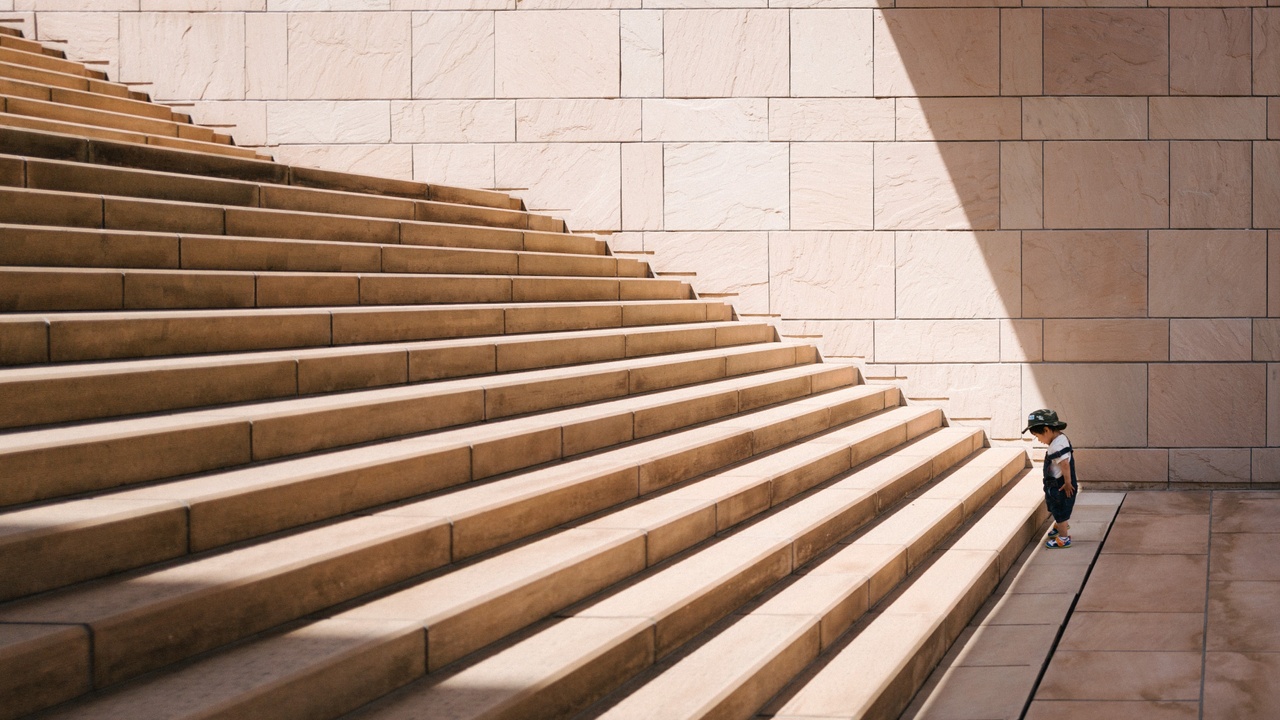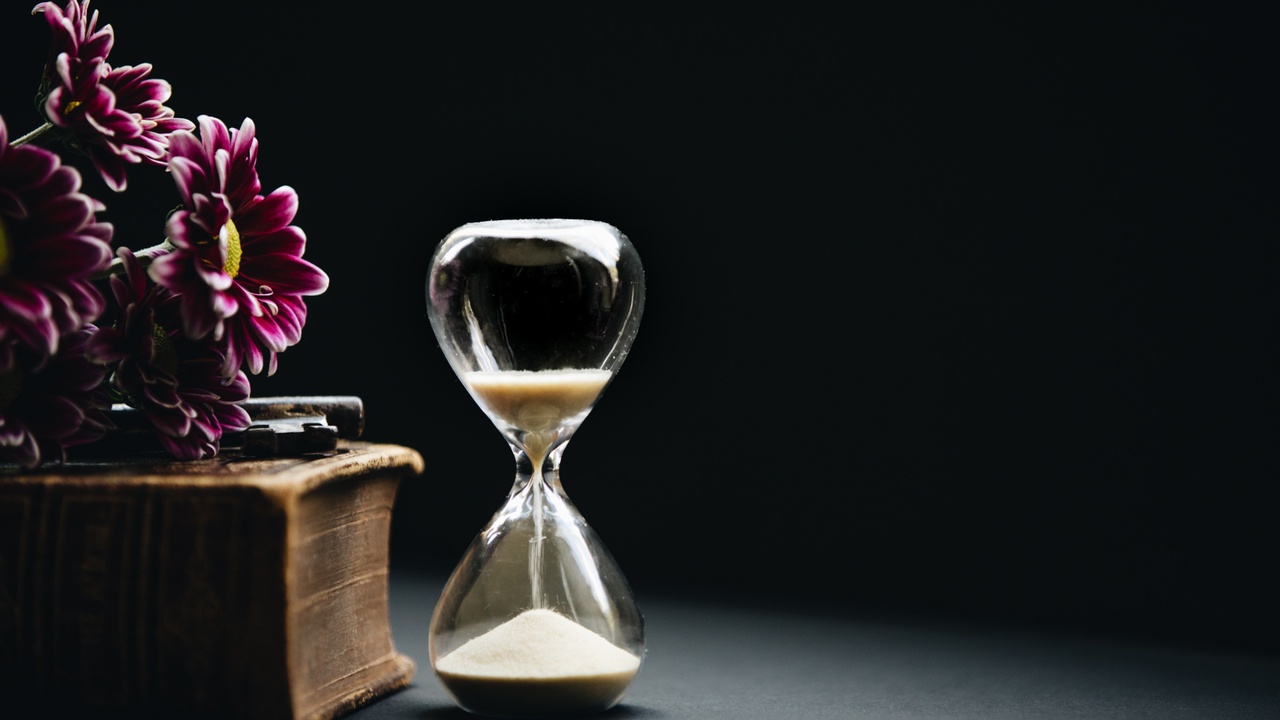
Start your wellness journey now by optimizing basic health behaviors: master the way you sleep, eat, move, & breathe.
We need to master the foundations of our well-being so that we will have the energy to show up as the best versions of ourselves. How we sleep, eat, move, and breathe ultimately gives us the energy we need to thrive. When we are neglecting our health but still operating at full capacity, we simply won’t have the energy to notice early signs of burnout or commit to healthy changes. I learned about this concept of ‘optimizing the basics’ from my 10-month long Heroic Coach certification training program, a program scientifically proven to help people become the best version of themselves through integrating ancient wisdom with personal mastery, and going from theory to practice to mastery.
As dentists, we all want to provide the highest quality of care for our patients, show up as impactful leaders, serve our communities, and support our families, all while enjoying our lives. It’s impossible to consistently show up as our best selves when we are exhausted. You can’t pour from an empty cup. When we push ourselves to serve others without taking care of our own basic needs, we end up on the path to burnout.
The most effective way to prevent burnout is to master the way we sleep, eat, move, and breathe. I find that most dentists are already working towards optimizing how they eat and move, while sleeping and breathing habits are typically neglected. A healthy diet is key to overall health. While finding the best eating styles is extremely individual, across the board we can all benefit from eating more plants and less processed sugar. When it comes to movement we are aiming for both an active lifestyle (daily steps, standing desk, biking to work, etc.) and consistent exercise (functional strength, cardiovascular, and mobility training). I won’t expand on how we can optimize the way we eat and move here, as there is an abundance of resources available, but I will expand on sleep as I believe it is the most powerful under-used yet under wellness tool available to us.
I’ve found that in higher education, we often perpetuate the false paradigm that sleep is for the weak, and it is honorable to function on less sleep, especially when we are sacrificing sleep for our studies. All scientific literature points to the opposite. As one of my sleep teachers, Jennifer Piercy, so eloquently puts it, sleep is anti-inflammatory medicine that nourishes literally all physiological and psychological functions — hormones, circulation, cardiovascular and brain function, metabolism, memory, consolidation of learning experiences, emotional processing, ability to focus, verbal fluency, originality, flexibility, creativity, wisdom and insight, and solutions to problems we cannot solve in waking consciousness. When we can improve our quality of sleep, we will improve the overall quality of our life. Below are my top tips on how to optimize sleep.
Calibrate your circadian rhythm to support the healthy function of your built-in sleep physiology and hormones like adenosine, cortisol, and melatonin
- Support a healthy circadian rhythm by getting outdoor, natural light exposure for 5-15 minutes in the morning (within 30-60 min of waking) and in the evening, while the sun is at a low angle.
- Avoid blue light exposure in the evening and at night, as it disrupts our circadian rhythm
- Practice a digital sunset and avoid screens 60-90 minutes before bed
- Between 10pm and 4am, avoid bright lights and overhead lights. Instead use soft, warm colored lights or candle light
- Utilize tools like blue light blocking glasses, and Night Shift or f.lux on devices to reduce blue light exposure at night
- Consider the timing of other stimulants like caffeine, exercise, or heavy meals close to bedtime
Reverse engineer your bedtime
- Aim for 7-9 hours of quality sleep, but start preparing for bed 9-11 hours before you plan to wake up. This provides buffer time for winding down, falling asleep, and natural awakenings that happen through the night as we cycle through different phases of sleep.
- Learn more about your sleep habits through sleep apps like SleepCycle or wearable sleep trackers like smart watches (Apple Watch, FitBit, etc.), the Oura Ring, or WHOOP
- Create a sleep ritual that allows you to slow down before falling asleep. Consider relaxing activities like reading, practicing restorative yoga, taking a bath, snuggling with a pet, meditation or Yoga Nidra, etc.
Make your bedroom a cool, dark, mellow sanctuary
- Keep your bedroom cool, the ideal sleeping temperature is between 60-68 F
- Eliminate all light sources, especially brightly lit alarm clocks
- Avoid watching TV or doing computer work in bed
Identify your “sleep kryptonite”
- Be aware of what gets in your way of a good night of sleep (caffeine, alcohol, anxiety, scrolling social media, Netflix?) and create a plan for accountability in limiting or avoiding these things
Consider new attitudes about sleep
- Don’t judge awakenings through the night as bad, it’s normal to wake up through the night as we move through different phases of our sleep cycle. If you awake at night, avoid checking the time as that can act as a tether to the awake world, making it harder to fall back asleep
- Consider charging your phone in a separate room and using a non-traditional alarm clock like a sunrise simulation alarm clock or a gentle vibration of your smart watch
- If using a sleep app or tracker, avoid judging your sleep quality reports as this can lead to sleep anxiety. Use this information to help you learn more about your patterns and what techniques help you optimize your sleep.
- Avoid thinking of sleep as just another thing on your to-do list. Instead, think of sleep as a luxurious place you get to go every night (for free!) to heal your mind and body, almost like a built-in wellness retreat.
If you have trouble falling asleep, consider Yoga Nidra, binaural beats, or sleep hypnotherapy
- Yoga Nidra is an ancient (1000 BC) sleep-based form of guided meditation. This practice can range from 10-45 minutes, in which you are led into a deep state of rest and repair, moving between deep states of conscious awareness and dreaming. Listen to yoga nidra for free here.
- Binaural Beats is a type of sound wave therapy in which the right and left ear hears tones at a slightly different frequency tone, and the brain perceives these as a single tone. This auditory illusion allows our brain waves pattern to be altered and synchronize with the frequency of the audio tone. Binaural beats are designed at specific frequencies to influence specific brain patterns. For example, binaural beats in the delta (1 to 4 Hz) range have been associated with deep sleep and relaxation. Listen to binaural beats for free here.
- Sleep Hypnotherapy is a technique similar to a mix of Yoga Nidra and binaural beats, in which guided visualization and sometimes sound frequency are used to change brain activity and encourage a trance-like state. This may be a great technique for those with mild insomnia. Listen to sleep hypnotherapy for free here.
- My favorite sleep hack, which I use to fall asleep at night, for non-sleep deep rest, naps, and even when traveling, is to listen to a guided sleep meditation using an eye mask with built in bluetooth headphones (eye mask sleep headphones).
Sleep is my #1 self-care habit, meaning sleep is the #1 thing I do that keeps me energized and plugged in, and without consistent quality sleep I know I can’t show up 100%. Through tracking my sleep, I know that I function best with 8.5-9 hours of sleep. Typically, I aim to wake up at 6:30am, so that means I start preparing for bed around 8:30pm; about 10 hours before I want to wake up. After the sun sets, we turn our lights down to a soft, warm color and wear blue-light blocking glasses. I’ve learned that my sleep kryptonite is entertainment; I love to scroll on social media and watch Netflix. To combat this, we limit TV to less than 60 minutes a day, and I’ve started charging my phone in the kitchen. I wind down for bed by reading or practicing yoga nidra. I wake up with a progressive brightening lights that mimic the sunrise, and within one hour of waking, I take my dog for a 20 minute walk and get outdoor, natural light exposure. I aim to exercise in the morning, avoid coffee after 12pm, and if I’m feeling tired in the late afternoon, I take a “yoga nidra nap” instead of reaching for caffeine. This routine has taken time to slowly build and implement, and it’s not perfect everyday. Achievable consistency is more important here than perfection. As I have taken my sleep quality more seriously, I have experienced a significant positive impact in almost all areas of my life. Not only does being well-rested prevent burnout, it allows me to show up as my best self more consistently and gives me the energy to create a meaningful impact in the world.
Much of the information above is a collection of information from the following resources. If you are interested in diving deeper into the sleep tools, check out the resources below:
- Wellness for Dentists: A 10-week program I created to help dentists prevent burnout
- Your Guide to Deeper Sleep with Jennifer Piercy: A 10-day course with short 10-20 minute lessons on Insight Timer
- Optimize: a free platform offering science based wisdom on optimizing your life through practical classes and portable lessons
- Heroic: a brand new, low cost app to help you step into being our best selves by brilliantly blending the wisdom of both the ancients and the leading minds of our modern era to produce PRACTICAL, ACTIONABLE tools
- Coaching: Sleep Coaching with Dr. Diana Liu
- Books: Why We Sleep by Matthew Walker: Unlocking the power of sleep and dreams
- Podcasts: Huberman Lab: a podcast hosted by Dr. Andrew Huberman discussing science and science-based tools for everyday life
- Free guided audio tracks to aid sleep on Insight Timer
- Yoga Nidra
- Binaural Beats
- Sleep Hypnotherapy
- Other guided resources: 10 Min Yoga Nidra, 26 Min Yoga Nidra, 35 Min Yoga Nidra, Self-Hypnosis App
- Recommended sleep accessories
- Sunrise simulation alarm clock
- Eye mask sleep headphones
- Ways to reduce blue light on devices: Night Shift or f.lux
- App to track sleep quality: SleepCycle
The last basic health behavior I want to touch on is how we breathe. Breathing is an autonomic function that is happening 24/7, and when our baseline breathing patterns are optimized, there is a profound positive impact on our overall health. Optimal breathing means less frequent but deeper diaphragmatic breaths through the nose with an extended exhale. Our breath is also a powerful tool that we can use in times of stress to down-regulate our nervous system, changing our physiological and psychological states. When we practice breathwork we are working to increase our vagal tone, thus reprogramming and improving our parasympathetic response to stress. I also want to note that while I listed the basics as the way we sleep, eat, move, and breath, this is not an exhaustive list. There are several other basic health behaviors that when optimized, have a high impact on our performance, most notably the way our ability to focus (i.e. reduce mind wandering and increase focus on the present moment), and learning to regulate our nervous systems. The breath, mindfulness, and nervous system regulation are very important tools to prioritize for optimal health and energy that requires their own full length articles. In the meantime, learn more from the experts listed below:
- Breath Coaching with Dr. Cristian Pavel
- Breath by James Nestor: The new science of a lost art
- The Breathing Cure by Patrick McKeown: Habits for a healthier, happier, and longer life
- How To Do the Work by Dr. Nicole LePera: Recognize your patterns, heal from your past, and create your Self
- The Buteyko Clinic International by author Patrick McKeown
Photo by Jukan Tateisi on Unsplash






